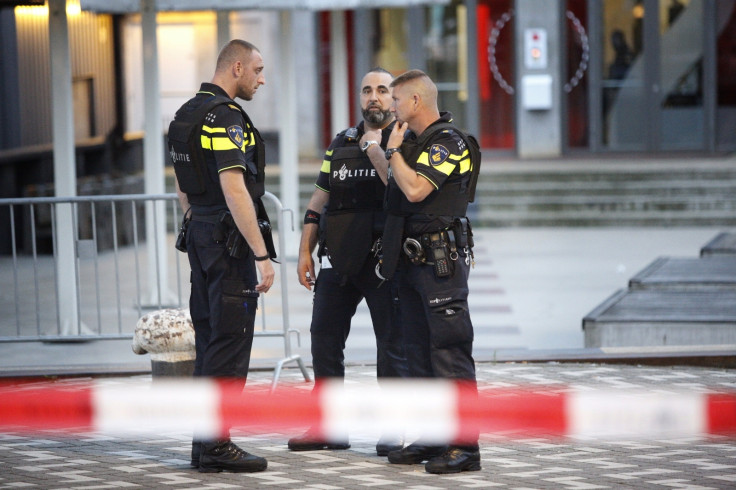Dutch police arrest second suspect in Allah-Las Rotterdam terror probe
Man was detained hours after Spanish authorities warned Dutch police of terror threat at rock concert.

Dutch police have arrested a 22-year-old man, hours after a rock concert was cancelled in Rotterdam following a terror warning from the Spanish police.
The man was detained at his house in Zevenbergen, a town in the southern province of Brabant, on Thursday (24 August) as part of a police investigation into a possible terror threat. The suspect's nationality is Dutch, police said. He lives at the property with his parents, according to local residents.
Spanish police warned Dutch authorities on Wednesday evening (23 August) that terrorists might carry out an attack at a concert by US band Allah-Las at the Rotterdam concert venue Maassilo.
Police wearing bulletproof vests were sent to evacuate the venue.
Rotterdam police spokesman Gijs van Nimwegen said Spanish authorities passed on "concrete information" about a possible terror threat at the concert venue.
He told reporters that the tip-off "wasn't about a fire or something. It was a possible terror threat; we weren't going to take any chances."
The tip-off came as Europe is on a heightened terror alert after twin terrorist attacks in Barcelona and Cambrils last week left at least 15 people dead and more than a hundred injured.
On Wednesday night, the Spanish driver of a van transporting gas canisters near the concert venue was arrested. Police later downplayed the terror link and described the man as "drunk." They added he was an engineer who needed the canisters for his work.
"He didn't have anything to do with the threat to the venue," Nimwegen said.
Rotterdam's mayor Ahmed Aboutaleb said that the terror threat had passed after Allah-Las cancelled their concert. He said he hoped the band would perform in Rotterdam another time.
Allah-Las said in an interview last month that they often receive threats from people offended by the use of the word 'Allah' in the group name.
"We get emails from Muslims, here in the US and around the world, saying they're offended," the group told The Guardian.
They added that causing offence "absolutely wasn't our intention" and that they chose the name because they wanted something "holy sounding."
© Copyright IBTimes 2025. All rights reserved.




















